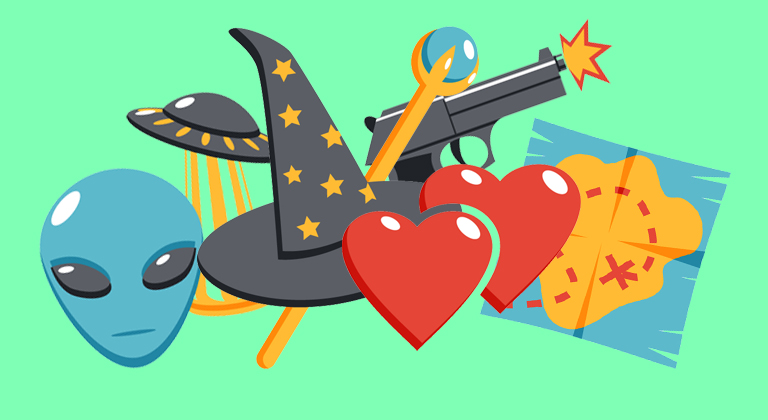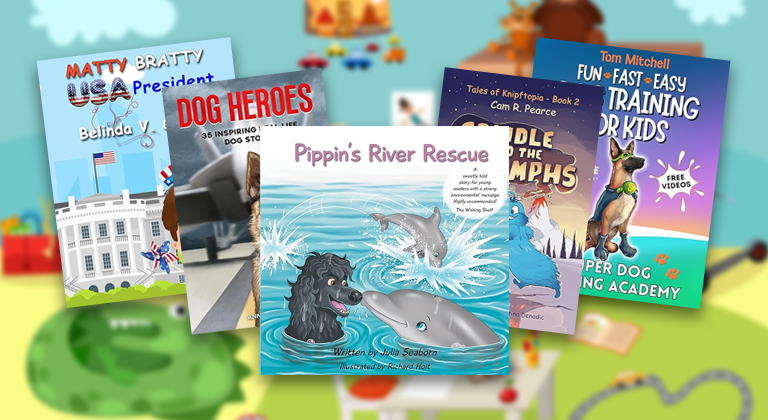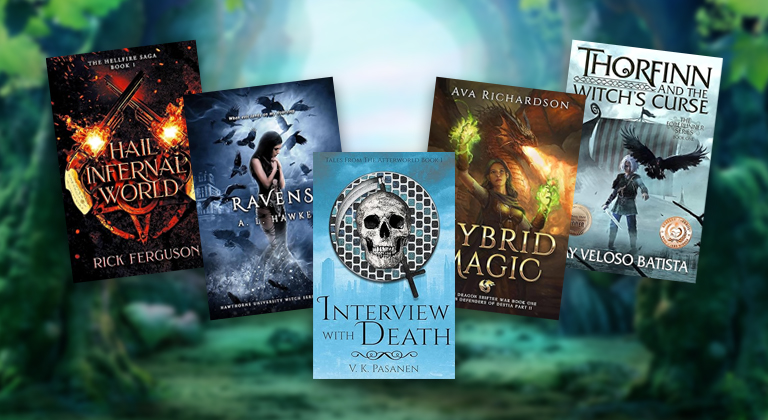Use Tropes to Your Advantage
What’s a James Bond movie without 007 using his high-tech gadgets? What’s the point of a western unless there’s a quick-draw showdown beneath the noonday sun? One highly overlooked attribute of successful books, shows, and movies is a reliance on tried-and-tested tropes that audiences like to eat up time after time. As Ginger points out below, learning and using the tropes of your genre can work in your favor by scoring an instant connection to your ideal readers.
The word ‘trope’ is used a lot when people dissect popular culture, and its generally not in a flattering way. The dictionary defines a trope as “a figurative or metaphorical use of a word or expression” but fans of science fiction movies, horror films, or any other popular genre will more generally think of them as repeated scenarios that have become part of the furniture for their favorite books and TV shows.
There’s even an entire website dedicated to popular tropes called TV Tropes, in which they identify ‘tropes’ of different genres and then provide examples across multiple forms of media.
For instance, here’s a common trope used in the James Bond films. When Bond first encounters the iconic bad guy in a film, he is often greeted with a line such as: “Good evening, Mr. Bond. I’ve been expecting you.”
That’s known as The Anticipator and is a common cliché in thrillers in which the bad guy laconically reveals that he’d been expecting the surprise appearance of the hero all along.
Another common Bond trope is The Almost Dead Guy, which is when our hero stumbles across somebody on the very brink of death – but they manage to reveal some vital plot detail just before they croak. This is a cliché that gets repeated not just in James Bond films, but the Indiana Jones franchise, and countless other movies and TV shows.
It’s reached a point at which you could arguably assemble a movie out of practically nothing except cliches and tropes – and if you watched the recent Uncharted movie with Tom Holland, you might think somebody’s already done that!
But you have to remember that not all tropes are bad – and as a writer, they can often work in your favor by including them.
Tropes in Romance
The genre in which tropes are most prevalent is romance, and there are successful romance authors who’ve built entire careers off using the same romantic tropes again, and again, and again. Lilian Monroe, for example (who we did a podcast with recently) has written an entire series of books based around the ‘accidental pregnancy’ trope, and another series that combines ‘accidental pregnancy’ with the ‘royal family’ trope.
And that’s been hugely successful for her, because when it comes to romance novels in particular, readers love to read about the same trope unfolding in new ways again, and again, and again.
And there are countless variations. There’s the ‘grumpy/sunshine’ trope of a grumpy man falling for a happy, ‘sunshine’ girl. There’s the incredibly popular ‘billionaire’ trope. There’s the ‘shared bed’ trope, which is often used to thrust reluctant heroes and heroines together when they are forced to share a bed. Tropes are such an important part of the romance genre that authors call them out in their blurbs – most commonly the vital trope for all successful romance, which is an HEA (Happily Ever After) ending.
Tropes in Other Genres
But while they’re not called out as explicitly as in romance, tropes exist in most of the other genres as well. Amazon has an entire category dedicated to British Detectives, for example – because people love to read about British crimefighters in the mold of Detective Tanner or DCI Bentley.
Ultimately, these tropes are like flavors of ice cream. Yes, you can get different brands of them – from own-brand store bought to organic, free-range, farm-table varieties – but ultimately you buy them because you like the taste of vanilla, or chocolate, or strawberry.
So don’t be afraid to embrace those tropes yourself – after all, they’re probably what inspired you to start writing in the first place.
For example, I grew up reading The Saint novels, and Ian Fleming’s James Bond books – and when I started writing stories of my own, I shamelessly embraced tropes like the hero getting tied up next to a ticking bomb, or the villain revealing his master plan (before having that plan foiled.) Sure, those might be cliches – but I loved writing them, and I found readers who loved reading them! You’re not being derivative by using these tropes – you’re just giving readers what they want!
Tropes Sell Books
And that’s ultimately what will make your writing successful! You want to be able to tell the stories you want to tell, but you want to tell them in a way that appeals to readers – and tropes can be a wonderful way to do that.
More so, embracing tropes can be a wonderful way to write the books you truly want to write. Don’t second-guess yourself or worry that people will sneer at you re-using a tried-and-tested trope. They became tried and tested for a reason!
That’s not to say you should outright copy what’s gone before – but using familiar tropes in your story and calling them out in your blurb can be a way to prove to potential readers that you ‘get’ what they love about a genre; and make an unspoken promise to them that you’ll be serving up exactly the flavor of metaphorical ice cream that they prefer.
You can get started exploring popular tropes at that website I mentioned earlier, TV Tropes – and let us know your favorites in the comments section below.











